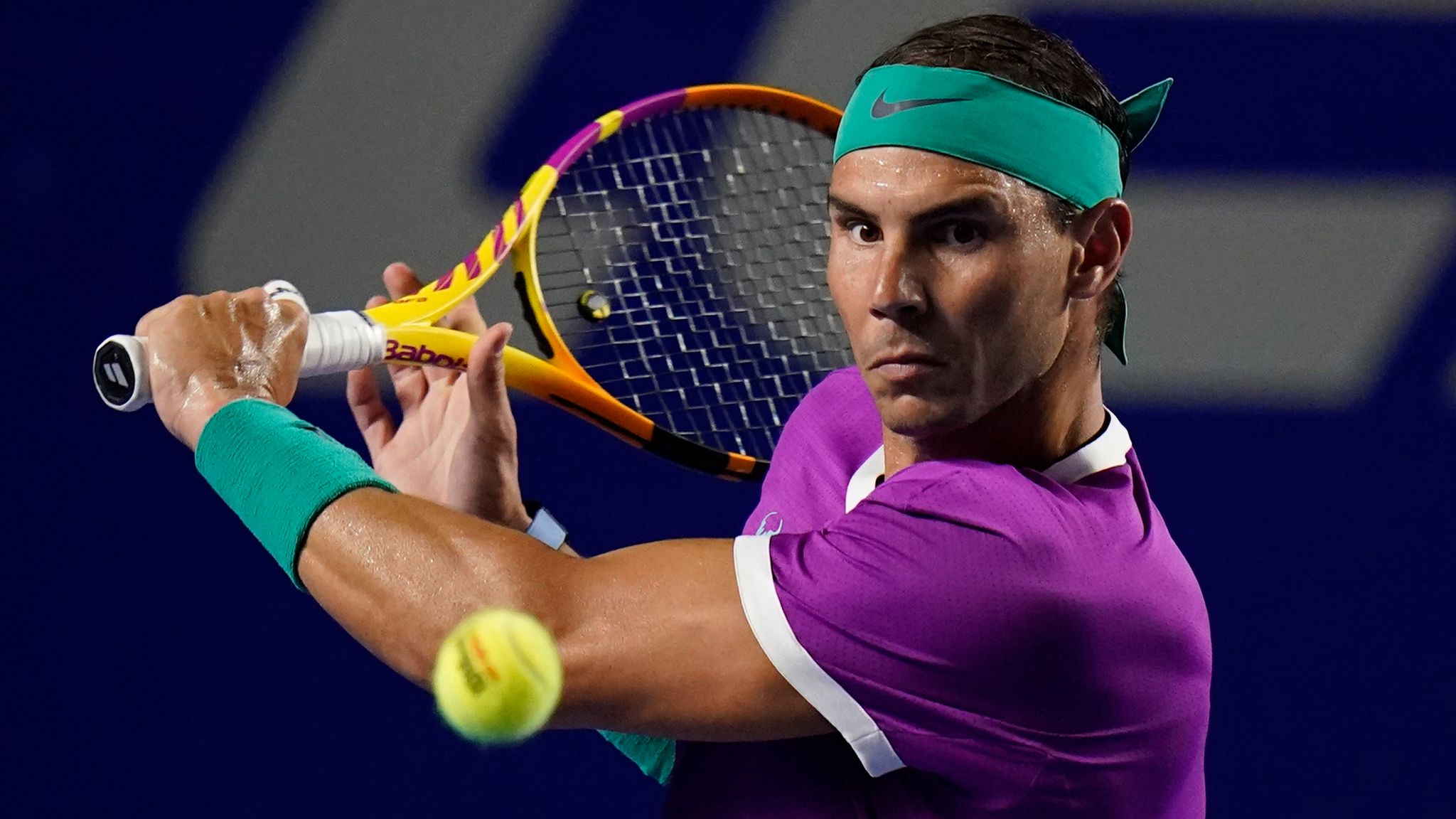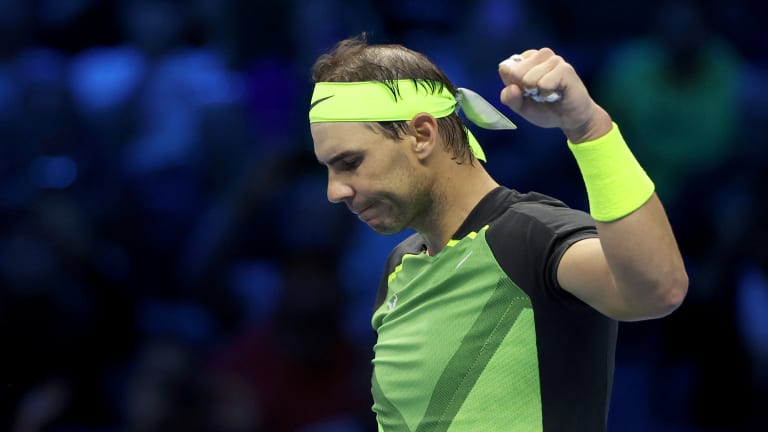Forget the thunderous forehands, the grunts that echo across stadiums, the relentless pursuit of Grand Slam glory. Imagine a young Rafael Nadal, not on the sun-baked clay courts of Mallorca, but on the dusty streets of Manacor, Spain. A skinny boy, barely taller than his racket, chasing a bouncing tennis ball with a fierce determination that belied his age. This wasn’t just a game; it was a crucible, a forge where the raw metal of talent would be tempered into the legendary work ethic that would shape a champion.

Nadal’s story isn’t one of gilded privilege, but of relentless pursuit carved from the bedrock of hardship and humble beginnings. His father, a restauranteur, instilled in him the value of hard work, the importance of never giving up, a mantra that would echo through his grunts on court years later. Nadal’s playground wasn’t a manicured academy court, but a public space shared with older, stronger players. He learned to fight for every point, to adapt to uneven surfaces, to dig deep when the odds were stacked against him.
But it wasn’t just physical hardship that shaped Nadal. It was the unwavering support of his family, a constant source of strength and motivation. His uncle Toni, a former professional player, became his coach, mentor, and drill sergeant. Their relationship was a crucible of fire, pushing Nadal beyond his perceived limits, shaping his mental fortitude as much as his technique.

The stories of their training sessions are legendary: hours spent under the scorching sun, endless drills, relentless repetition. Nadal wasn’t just honing his skills; he was building an internal fortress, a reservoir of resilience that would allow him to weather any storm on the court. This wasn’t just about winning; it was about the pursuit of perfection, a relentless quest to become the best version of himself.
And then there was the clay. The slow, unforgiving surface that demanded every ounce of Nadal’s stamina and mental focus. Every point was a battle, a grueling test of will. But it was on this surface that Nadal truly found his calling. He embraced the grind, the long rallies, the endless baseline battles. He became the master of clay, the “King of the Dirt,” his work ethic and unwavering determination etched in the ochre dust of every point he won.

Nadal’s story isn’t just about tennis; it’s a testament to the power of human will, the transformative potential of hardship and unwavering dedication. He is a living embodiment of the idea that champions aren’t born; they’re forged in the fires of experience, shaped by the choices they make, the battles they fight, the sweat they shed.
So, the next time you see Nadal on court, his eyes blazing with competitive fire, remember the boy on the dusty streets of Manacor. Remember the relentless pursuit, the unwavering support, the unforgiving clay. Remember that the champion you see is a product of not just talent, but of a relentless work ethic, forged in the fires of experience, and fueled by the unwavering belief that with hard work, anything is possible.

Nadal’s story is a reminder that we all have the potential to become champions in our own lives. We may not have the same talent, the same opportunities, but we all have the same choice: to embrace the challenges, to push ourselves beyond our comfort zones, to build our own work ethic, and to chase our dreams with the same unwavering determination that shaped the legendary Rafael Nadal.


